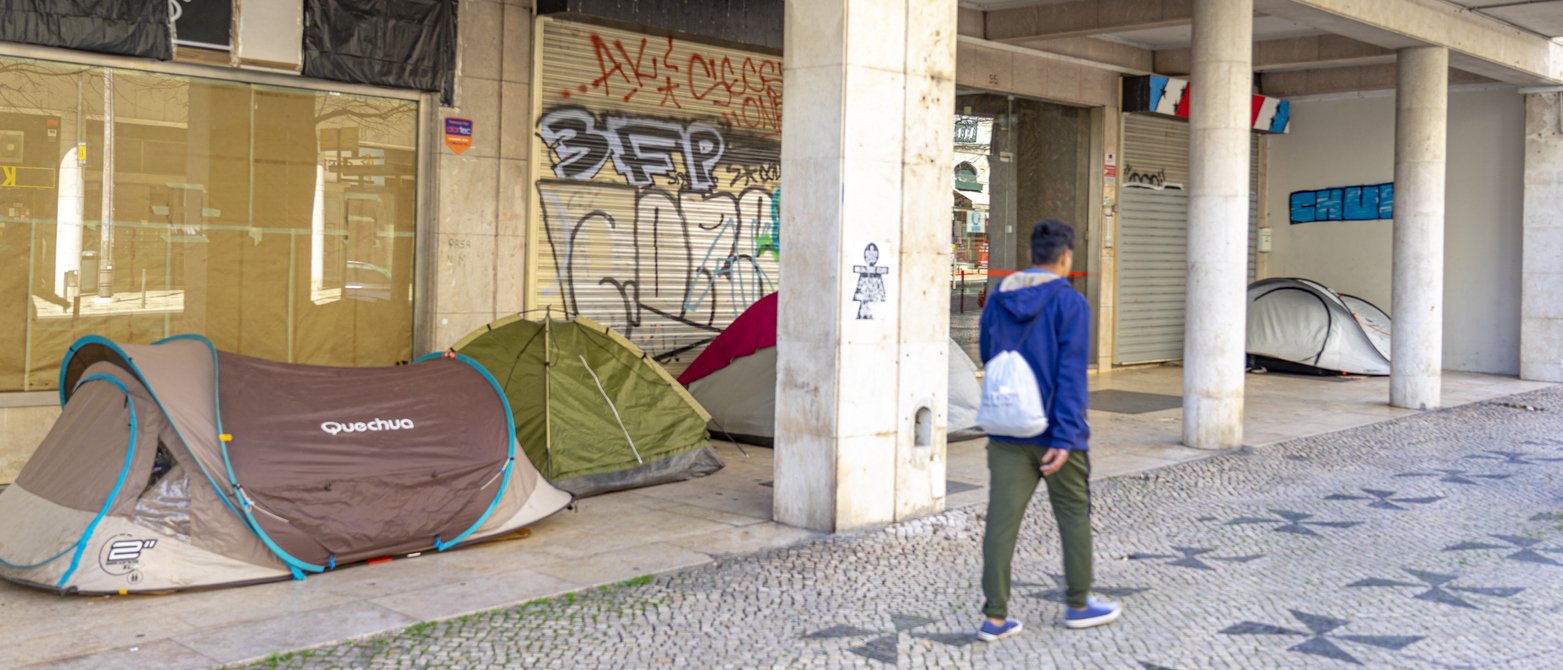We know that many social problems today are more complex than they have ever been. And that this complexity requires bringing together different people and organisations, different resources and skills, so that we can aim to build better solutions.
‘Easier said than done.’ True.
Creating a network is one way of doing this. Being in a network is natural for any of us. Family is a social network, so is a group of friends, and so are all the groups we belong to in the cultural or sporting activities we're involved in. But here I'm going to talk briefly about impact networks. An impact network is different from a natural social network. An impact network is a specific type of network in which people and organisations come together with a specific intention to develop learning and/or action together.
According to David Ehrlichman in his book Impact Networks, written on the basis of the work carried out at Converge (check out the website: https://www.converge.net/), impact networks can be of three types:
(1) learning networks, focused on connection and learning, formed to facilitate the flow of information or knowledge to advance collective learning on a given subject.
(2) action networks, focused on connection, learning and action, formed to facilitate this connection and learning in the service of coordinated action.
(3) movement networks, which connect learning and action networks, creating networks of networks. They often function as learning networks or action networks, but they also facilitate the sharing of information between networks, as well as concerted action between networks. Sometimes it is these networks that catalyze the creation of new impact networks, when they detect the need in a particular region where none exist, or to address a specific issue that is not the focus of any other network.
We've been talking about social networks in Portugal for a long time. Networks of this or that kind. How many and which ones work? How many and which ones produce results? How many and which ones have an impact? If the reader who is on this thread with me knows of a network that works, send me an email and tell me which one, because I'd like to know about it (my email is raquelcfranco@deforafora.com). To learn.
One of the central aspects of a network - and one that must be cultivated from the outset - is trust. This is a buzzword. Trust is not a by-product of working together, on the contrary. It must be cultivated, and therefore intentionalised. As Ehrlichman explains, not only does trust create cohesion in the group, it also increases collective intelligence and expands the possibilities for dialogue. To achieve this, he recommends cultivating trustworthiness, openness, caring for others and appreciating or recognising others.
This is an area in which we Portuguese need to do a lot of work. In the European Values Survey, the Portuguese continue to have the lowest levels of trust among European citizens. See the map with the levels of trust in colour and the graph of the evolution of the level of trust. In Portugal, our trust in each other has decreased: we are the third country in which trust decreased the most between 1990 and 2017, after Italy (2nd) and Bulgaria (1st).
As this report states, in the opening of the theme that includes trust: "If there is any known ingredient for a thriving community, it's trust." Not everyone wants a "thriving community for all". But those who do, where do they start? Good question. There's so much to do. Volunteering, helping neighbours, innovating in problem-solving by challenging partners to concrete social challenges. Creating networks.
Does the topic interest you? Let's talk (send me an email: raquelcfranco@deforafora.com).



